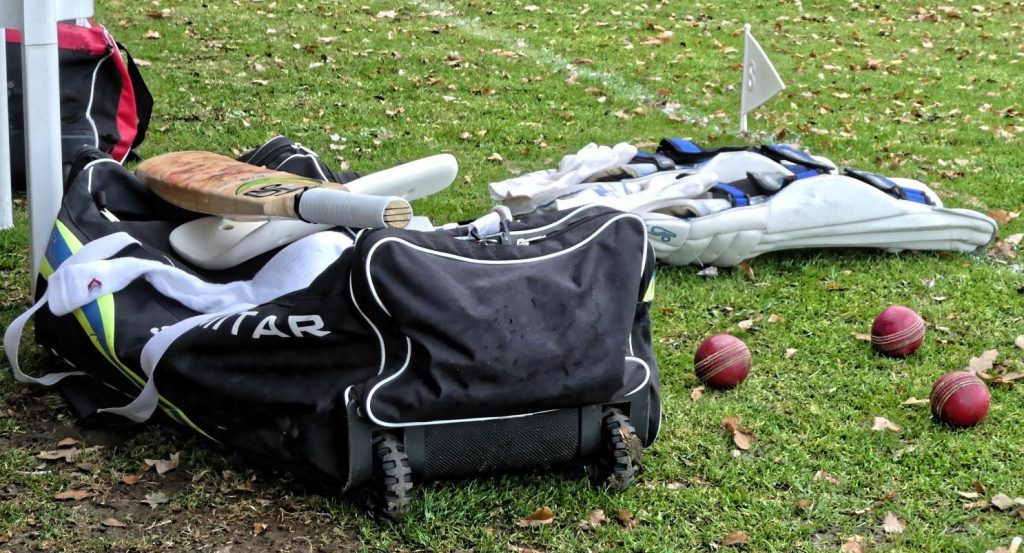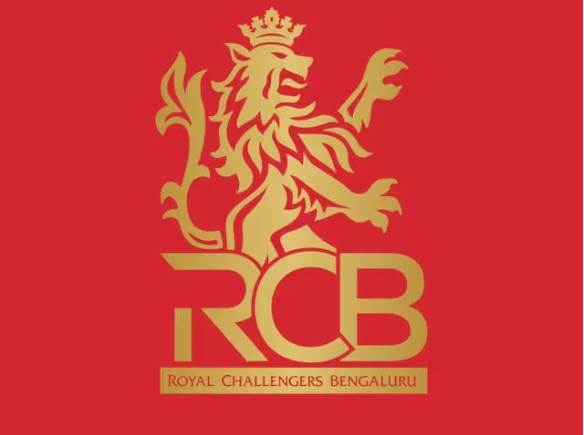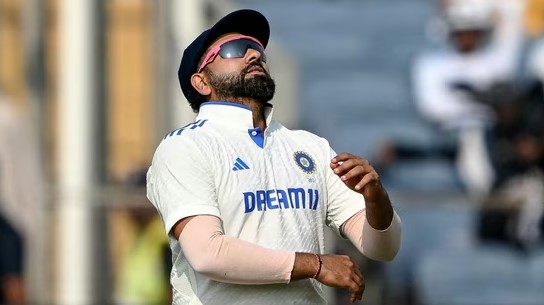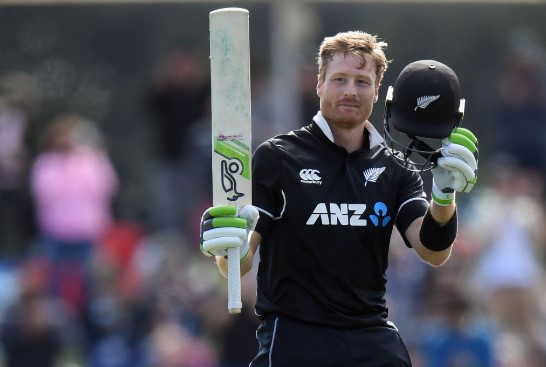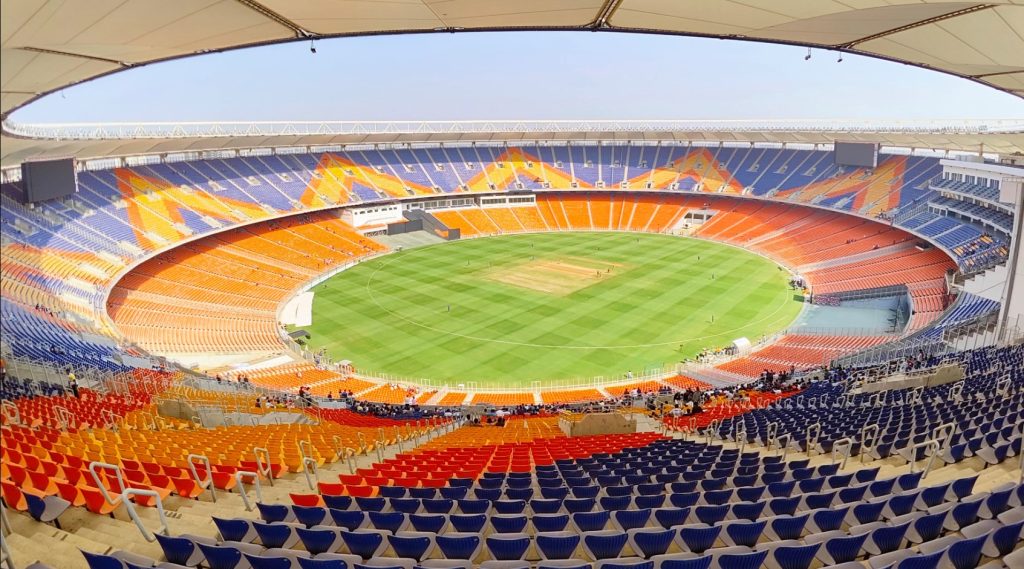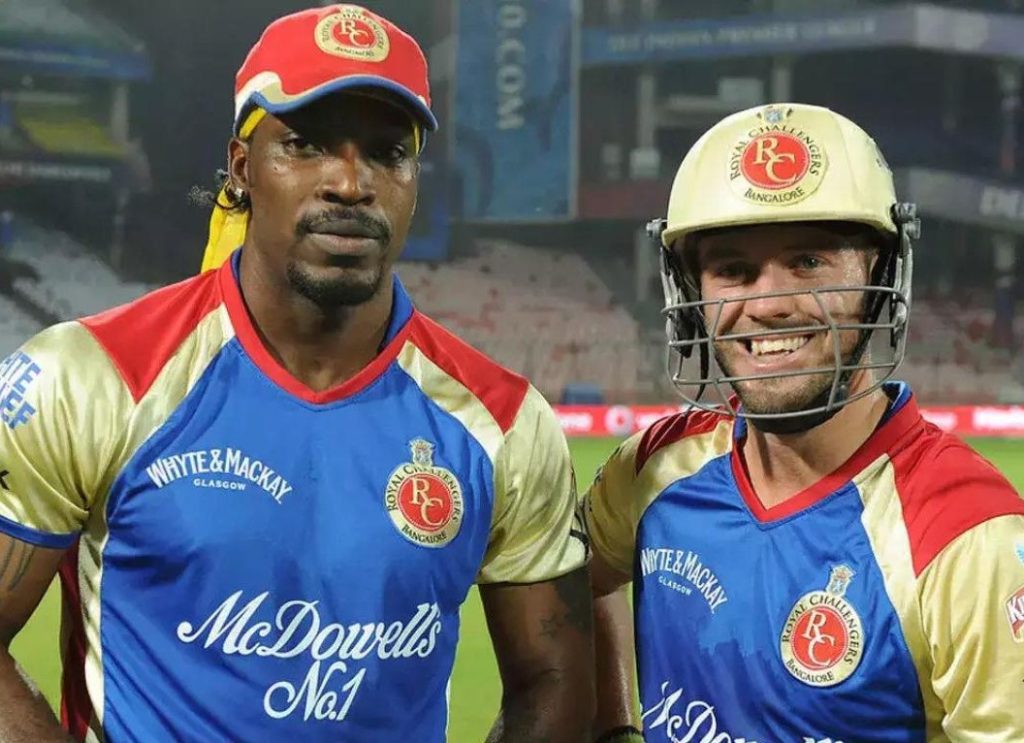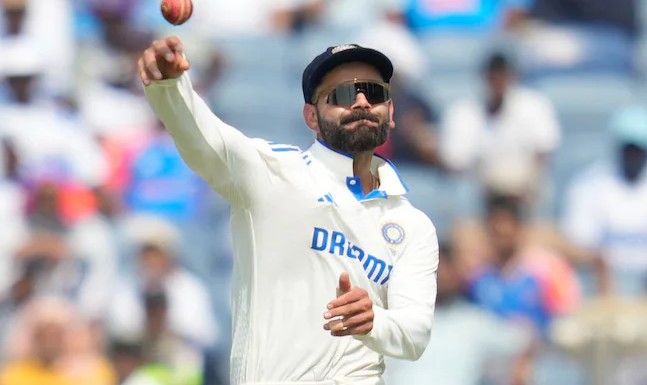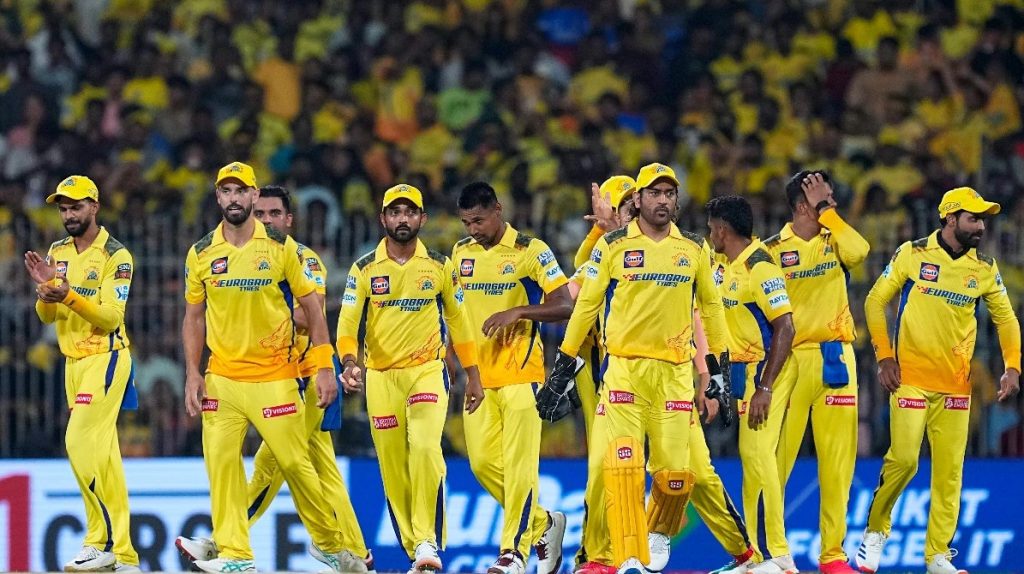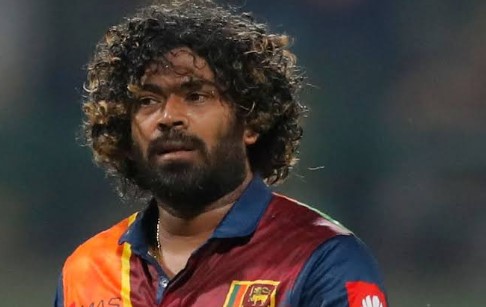Cricket is a sport that requires a variety of specialized equipment to ensure both performance and safety. A complete cricket kit is essential for players at all levels, whether they are beginners, amateurs, or professional athletes. The cricket kit includes a range of items designed to help players perform at their best while minimizing the risk of injury.
This article explores what a standard cricket kit includes, breaking down the different components required by a batsman, bowler, all-rounder, and wicketkeeper. It also discusses the purpose of each piece of equipment, key features to look for, and the importance of quality gear in ensuring the safety and performance of the players.
Components of a Cricket Kit
A typical cricket kit includes a wide range of equipment suited for batting, bowling, fielding, and wicketkeeping. The primary elements of a cricket kit are as follows:
- Batting Equipment
- Bowling Equipment
- Protective Gear
- Fielding and Wicketkeeping Gear
- Miscellaneous Items
Let’s break each of these components down further:
1. Batting Equipment
Batting is one of the most essential aspects of cricket, and having the right equipment is critical to ensure both performance and protection. The following items are part of a batsman’s essential kit.
Cricket Bat
The cricket bat is arguably the most important piece of equipment in a batsman’s kit. Made from willow wood, the bat comes in various sizes, weights, and shapes to cater to different types of players. The blade of the bat must be made from high-quality wood to provide a balance of power and control.
| Feature | Description |
|---|---|
| Material | Typically made from willow (English or Kashmir willow) |
| Length | Varies (usually 33-34 inches for adults) |
| Weight | 1.0 to 1.4 kg depending on player preference |
| Shape | Flat blade with a prominent sweet spot |
| Types of Bats | Traditional, modern, light, heavy, or custom-made |
Batting Gloves
Batting gloves protect the hands and fingers from impact with the ball, ensuring comfort and reducing the chance of injury. The gloves are typically made from a combination of leather, cotton, and foam padding for protection.
| Feature | Description |
|---|---|
| Material | Leather, foam padding, ventilated mesh |
| Padding | Extra padding for protection on fingers, palms, and back of the hand |
| Grip | Offers a firm grip for a comfortable hold on the bat |
| Fit | Available in different sizes (small, medium, large) |
Batting Pads
Batting pads provide protection for the legs, particularly the knees and shins, from fast deliveries. They are made from materials like PVC, foam, or leather and have a series of vertical sections to absorb the impact.
| Feature | Description |
|---|---|
| Material | Made from high-density foam, leather, or PVC |
| Protection | Protects shins, knees, and thighs from ball impact |
| Size | Available in various sizes for different player heights |
| Fit | Straps and adjustable bands for secure fitting |
Helmet
A helmet is a crucial safety item that protects the head, face, and neck from impact. Most helmets have a steel grill or faceguard to protect the face, while the padded interior ensures comfort and safety.
| Feature | Description |
|---|---|
| Material | Steel or titanium grill, high-density foam padding |
| Protection | Protects head, face, and neck from fast deliveries |
| Adjustment | Adjustable chin strap and headband for a secure fit |
2. Bowling Equipment
Bowlers, particularly fast bowlers, require specific equipment to ensure their comfort, safety, and effectiveness on the field.
Bowling Shoes
Bowling shoes are specifically designed for bowlers to provide grip, balance, and support during the bowling action. They often feature a rubber sole for traction and extra cushioning for comfort during long spells.
| Feature | Description |
|---|---|
| Material | Leather or synthetic material with rubber soles |
| Grip | Enhanced grip for proper foot placement during the delivery stride |
| Support | Extra cushioning to support the ankle and foot |
Bowling Gloves
For bowlers, bowling gloves help protect the fingers and palms from the repeated impact of gripping the ball. These gloves are designed for comfort and flexibility to ensure a firm grip while bowling.
| Feature | Description |
|---|---|
| Material | Leather or synthetic material |
| Fit | Snug fit with flexibility for ease of bowling |
| Grip | Enhanced grip for maintaining control over the ball |
3. Protective Gear
Whether you’re batting, fielding, or wicketkeeping, protective gear is vital in reducing the risk of injury, especially from high-speed deliveries.
Abdominal Guard (Box)
The abdominal guard is worn by batsmen, wicketkeepers, and some fielders to protect the groin area from impact. Made from lightweight materials like plastic or polycarbonate, it is designed to fit comfortably under the clothing.
| Feature | Description |
|---|---|
| Material | Polycarbonate or plastic |
| Fit | Adjustable waistband for secure fit |
| Protection | Protects the groin area from fast deliveries |
Thigh Guards
Thigh guards provide protection to the upper thigh region. Similar to abdominal guards, these are worn inside the trousers for comfort and are essential for players facing fast bowlers.
| Feature | Description |
|---|---|
| Material | Foam padding with a protective outer cover |
| Fit | Worn inside the trousers for comfort |
| Protection | Protects the thigh from high-impact balls |
Knee Guards
Knee guards protect the knees from impacts during batting and fielding. Made of soft foam with plastic shields, these provide extra protection for the kneecaps.
| Feature | Description |
|---|---|
| Material | Foam padding with plastic shields for extra protection |
| Fit | Adjustable straps for secure fitting |
4. Fielding and Wicketkeeping Gear
Wicketkeeping Gloves
Wicketkeepers use specialized gloves with a thick padded palm and finger protection to help catch balls with precision and safety.
| Feature | Description |
|---|---|
| Material | Leather with foam or rubber padding for extra protection |
| Grip | Sticky rubber grip for better catching ability |
| Protection | Padded palms and finger protection for safety |
Wicketkeeping Pads
Wicketkeeping pads provide protection for the lower legs and knees during wicketkeeping duties. These pads are designed to be lightweight yet offer ample protection from the impact of fast deliveries.
| Feature | Description |
|---|---|
| Material | Lightweight foam with leather covers |
| Protection | Extra padding around knees and shins |
Fielding Gloves
Fielding gloves are designed for comfort and flexibility, providing extra protection to the hands while fielding. These gloves are lighter than batting gloves and help prevent bruises from hard-hit balls.
| Feature | Description |
|---|---|
| Material | Leather or synthetic materials |
| Protection | Provides additional protection for hands while fielding |
5. Miscellaneous Items
In addition to the core cricket gear, there are several other items that players often include in their kit to ensure readiness and comfort.
Cricket Bag
A cricket bag is essential for carrying all the equipment. These bags come in various shapes and sizes, offering compartments for bats, pads, gloves, and other accessories.
| Feature | Description |
|---|---|
| Material | Nylon or polyester for durability |
| Compartments | Multiple compartments for bats, gloves, pads, etc. |
Clothing
Cricket clothing includes shirts, trousers, and socks designed for comfort and breathability. In professional settings, players wear the team’s uniform, while casual players can opt for more affordable options.
| Feature | Description |
|---|---|
| Material | Cotton or synthetic fabric for breathability |
| Fit | Loose-fitting for comfort, with elastic waistbands |
Conclusion
A complete cricket kit is essential for any player, whether they are a batsman, bowler, wicketkeeper, or all-rounder. Each piece of equipment plays a vital role in ensuring safety, comfort, and optimal performance on the field. From the bat to the protective gear, every item serves a specific purpose, and having the right kit can make a significant difference in a player’s ability to perform at their best.
By understanding the essential components of a cricket kit and the key features to look for when purchasing, players can ensure they are properly equipped to take on any challenge on the field.

